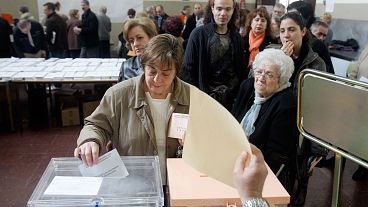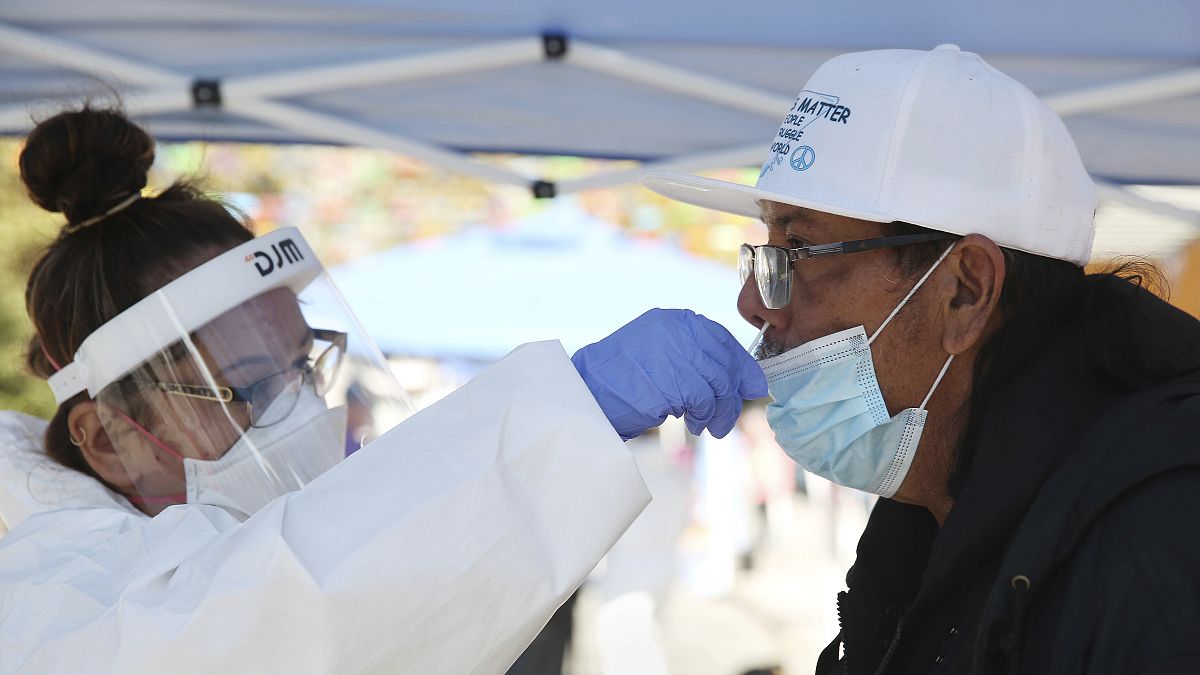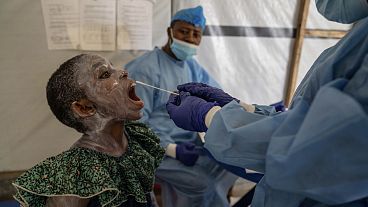The European Commission will allocate an extra €2 million to address long COVID, promoting coordination among countries to increase research and support patients.
The European Commission today (10 September) launched a €2 million project to address long COVID funded by the EU4Health programme and managed by the World Health Organisation (WHO) and the Organisation for Economic Co-operation and Development (OECD).
“Our understanding of long COVID is now far greater – and yet we still need to better understand its complexity – and how to treat it effectively,” Health Commissioner Stella Kyriakides said when presenting the project in Brussels.
Long COVID is a post-viral condition characterised by symptoms that persist after someone has recovered from the coronavirus infection – symptoms include fatigue, shortness of breath, palpitations, coughing and dizziness, among others.
In the first three years of the pandemic, between 2020 and 2023, this condition affected 36 million people across the EU, according to the WHO.
“Unless we develop comprehensive diagnostics and treatment for long COVID, we will never truly recover from the pandemic,” said WHO Europe’s director Hans Kluge when he presented the data.
As presented by the Commission, the project aims to promote coordination in the approaches of member states, including better surveillance and better comparability of health data at the EU level.
It will establish a unified definition for long COVID, assess the social and economic consequences of the condition and launch a training programme for healthcare professionals promoting the exchange of information.
The programme will also provide clinical guidelines for healthcare workers and policymakers as well as recommendations to member states for monitoring, preventing and managing cases.
“We aim to assess the social and economic consequences of long COVID, to allow for more targeted policy responses,” added Kyriakides.
















